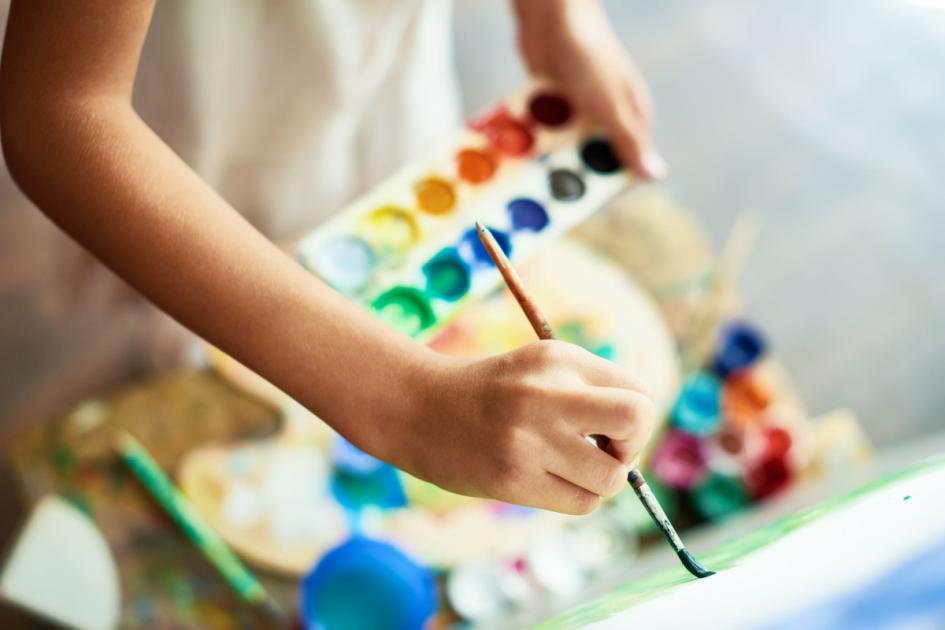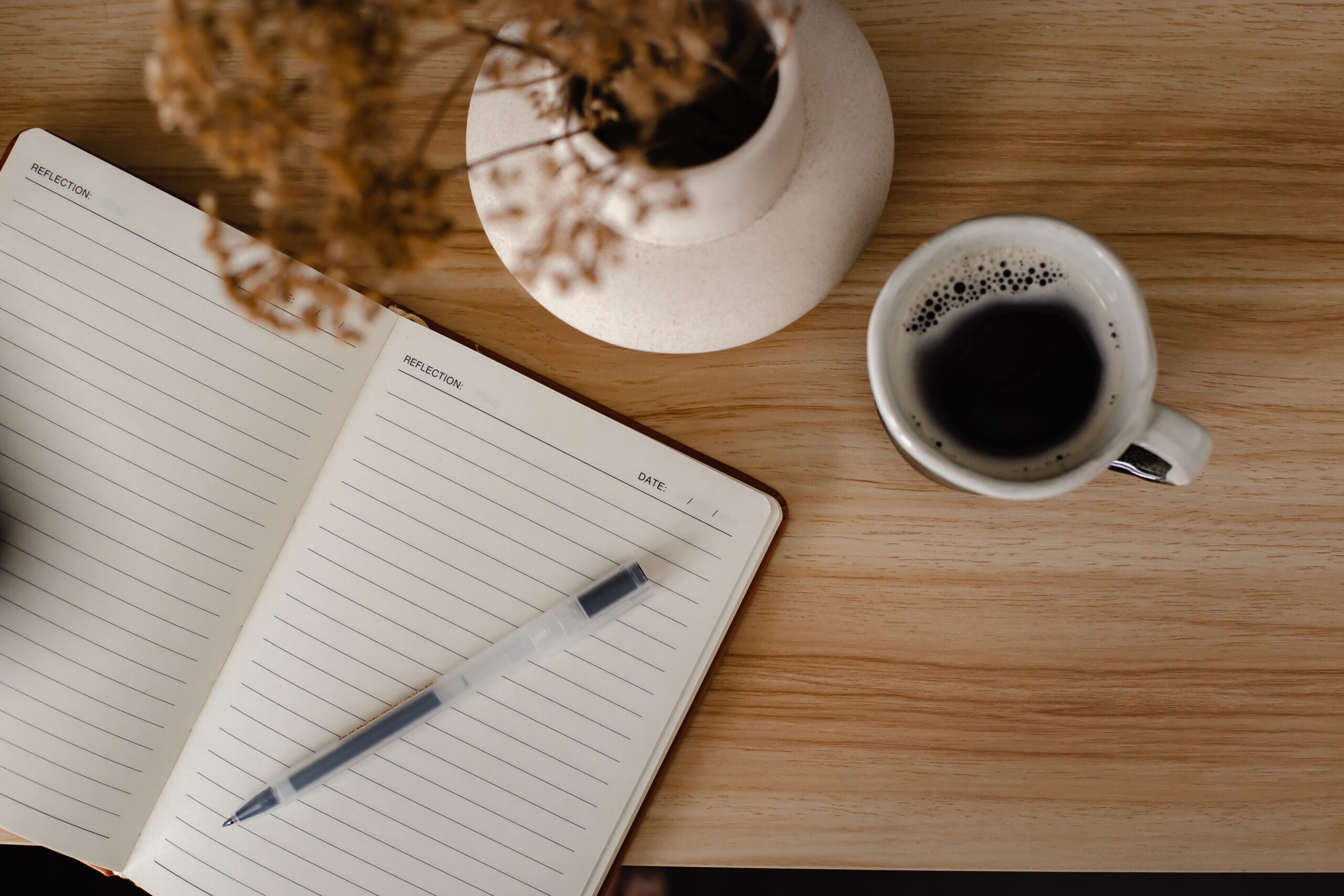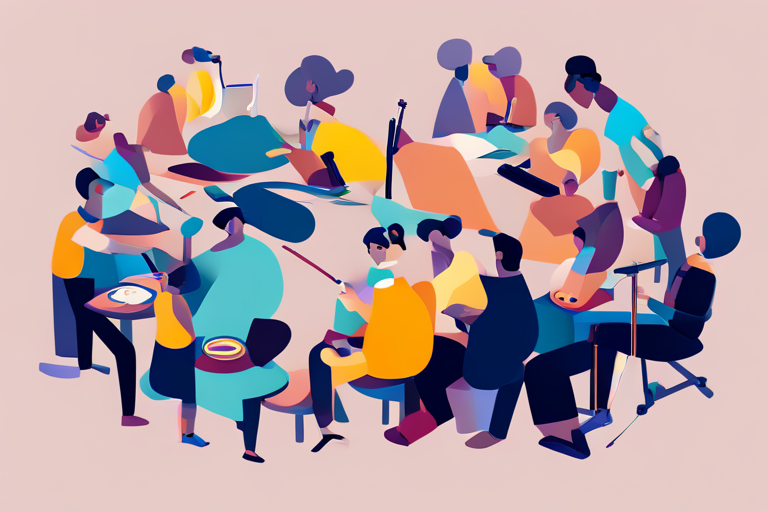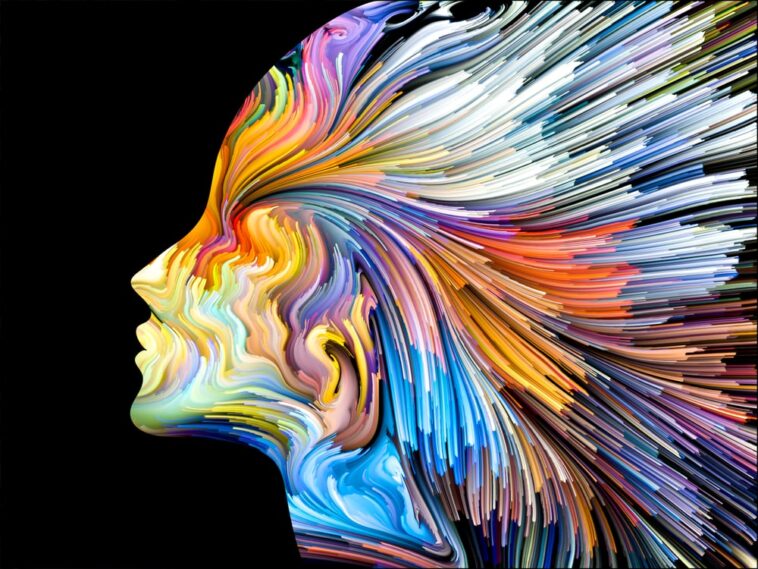Finding methods that resonate on a personal level in recovery can significantly impact one’s journey toward sobriety. For many women, especially those navigating the dual responsibilities of motherhood and personal health, creative arts emerge as a powerful ally in the battle against addiction.
Let’s explore the multifaceted role of creative arts in the recovery process, presenting a less-traveled path that may lead to the renewal many mothers seek.
The Power of Expression Through Art

Art offers a language beyond words, a medium through which complex emotions and experiences can be expressed, explored, and understood.
For mothers in recovery, painting, drawing, or sculpting become more than just activities; they are avenues for expressing feelings that might be too difficult to articulate verbally.
Engaging in art allows for a release of pent-up emotions, serving as a cathartic experience that can alleviate stress and promote mental clarity. It’s in the brush strokes or the molding of clay that many women find their voice, uncovering emotions and thoughts that have been buried deep.
This process of creative expression can be instrumental in understanding oneself better and laying a foundation for healing and recovery.
The Rhythmic Path to Recovery Through Music

Music can touch souls, transcend circumstances, and evoke a wide range of emotions. For those on the path to sobriety, music can play a crucial role in recovery, offering both an outlet for expression and a source of comfort.
Learning to play an instrument, singing, or simply listening to music can help soothe the mind, reduce stress, and foster a sense of well-being.
Music therapy, in particular, provides structured opportunities to explore personal issues through music, facilitating communication and emotional expression in a supportive environment. It’s within these melodic sessions that many women find the strength to face their fears and overcome anxiety.
By connecting with music, mothers in recovery can navigate their emotions in a healthy, constructive way, paving the road to sobriety with every note.
Writing Your Way to Wellness

Writing—journaling, poetry, or storytelling—offers a powerful tool for self-exploration and healing. Writing becomes a sanctuary for women embarking on a recovery journey, a private space where thoughts and feelings can be freely expressed without judgment.
The process of putting pen to paper helps in organizing thoughts, reflecting on experiences, and setting goals for the future. It can also be a way to document the recovery journey, providing insights into personal growth and changes over time.
Through writing, mothers can confront their addiction, articulate their struggles, and celebrate their successes, using the written word as both a mirror and a map for their journey toward sobriety.
This creative outlet empowers women to take control of their narrative, transforming their stories of addiction into testimonies of resilience and hope.
Dance and Movement Therapy: The Body’s Expression
Dance and movement therapy represents a dynamic approach to healing, inviting individuals to explore and express their emotions through the physical body. This therapy emphasizes the connection between mind and body, promoting emotional, mental, and physical integration.
For mothers in recovery, dance and movement therapy can be an invaluable tool for reclaiming their sense of self and bodily autonomy, often compromised through substance abuse.
By engaging in movement, women can experience a release of tension, an improvement in mood, and a boost in self-esteem.
The physicality of dance allows for expressing feelings that might be too difficult to articulate, providing a path to understanding and healing that bypasses the constraints of verbal communication.
The Healing Power of Theater Arts

Participation in theater arts offers another avenue for creative expression, allowing women to explore different aspects of their identity, experience empathy, and connect with others meaningfully.
Through acting, scriptwriting, or stage production, individuals can examine their life stories, confront personal challenges, and experiment with new ways of being.
Theater arts create a safe space for vulnerability, where women can step into different roles, gaining new perspectives on their experiences and behaviors.
This form of creative expression not only aids in exploring self but also fosters a sense of community and belonging, critical components of a successful recovery.
Visualizing Recovery: Photography as a Reflective Journey
Often overlooked in discussions of creative therapy, photography provides a powerful medium for reflection and healing. Through a camera lens, mothers can capture moments of beauty, struggle, and triumph, creating a visual diary of their journey toward sobriety.
Photography encourages mindfulness, as it requires one to be present and fully engaged with the environment. This can be particularly therapeutic for individuals in recovery, offering a new way of seeing the world and themselves within it.
Additionally, sharing and discussing photographs can open new communication channels, helping women articulate their experiences and connect with others on a similar path.
Finding Supportive Creative Communities

The recovery journey is deeply personal, yet it thrives on support and connection. Finding or creating a community that embraces the healing power of creative arts can amplify the benefits of these expressive therapies.
Many treatment centers and recovery programs now recognize the value of integrating creative arts into their offerings, providing structured opportunities for women to explore various artistic disciplines. Mother and child residential treatment centers are now an option thanks to innovative programs facilities are implementing, which include creative arts therapies.
These programs support women in their recovery and foster an environment where children can thrive, witnessing their mothers engage in positive, expressive activities.
Creative arts serve as a bridge to healing, offering mothers in recovery a toolkit for self-expression, emotional release, and personal growth. The path to recovery is as diverse and multifaceted as the individuals walking it, and creative arts provide a colorful, vibrant thread in the tapestry of healing, weaving together stories of hardship, hope, and the triumphant power of the human spirit.



